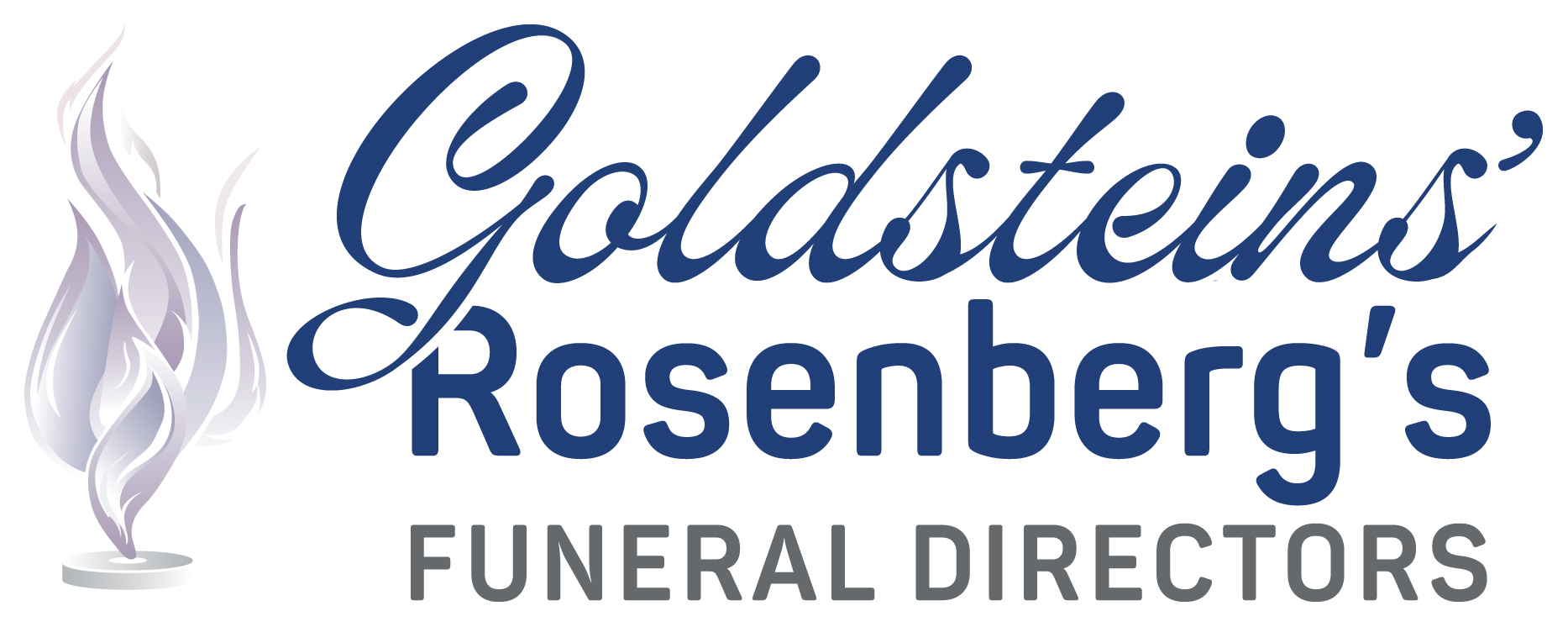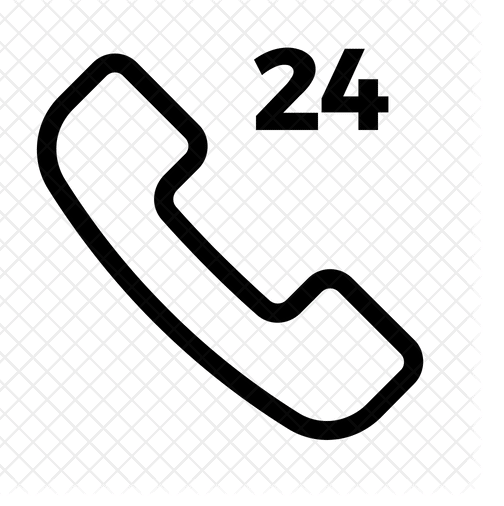
Why Funerals Are an Important Part of the Healing Process
Funerals, as a practice, have been a part of human culture for centuries. These ceremonies are more than just rituals for most of us; they serve as a significant aspect of the healing process when dealing with the loss of a loved one. While the idea of a funeral may seem daunting or even unpleasant, it’s essential to recognize their crucial role in helping us cope with grief and find closure.
Here are ten reasons why funerals are an important part of the healing process:
- Providing a Structured Space for Mourning: Funerals offer a structured environment in which you and loved ones can come together to grieve. They provide a designated time and place to express sorrow, share memories, and find comfort in the presence of others who are also mourning. This structured space can be incredibly comforting, as it provides attendees with a sense of order and support during an otherwise chaotic and emotional time.
- Celebrating a Life Lived: Funerals are not only about acknowledging death but also about celebrating the life of the deceased. By sharing stories, anecdotes, and fond memories of the person who has passed, funerals allow for you to focus on the positive aspects of their life and the impact they had on those around them. This celebration of their life can help in reframing your mourning process and making it more about remembrance than loss.
- Facilitating Closure: Closure is a critical element in the healing process, and funerals help us achieve it. They mark the end of a person’s physical presence in this world and create a formal opportunity for you to say goodbye. Without this closure, the process of grieving and moving on can be more challenging. Funerals provide a symbolic ending that can be essential for emotional healing for all those grieving.
- Offering Emotional Support: Grief is an isolating experience, but funerals provide an opportunity for you and loved ones to come together to offer emotional support. The presence of friends and family can be a comforting and reassuring reminder that you are not alone in your grief. Sharing your pain with others who understand can be incredibly therapeutic and can help lessen the emotional burden.
- Honoring Cultural and Religious Traditions: Funerals often incorporate cultural and religious traditions that have been passed down through generations. These traditions can provide a sense of continuity and connection to one’s roots. Following these customs can help you feel more in touch with your cultural or religious identity, offering another layer of meaning and support during the mourning process.
- Validating Feelings of Loss: Funerals allow for the open expression of grief, offering validation for the intense and often complex emotions that accompany a loss. It is entirely normal to feel sadness, anger, guilt, or confusion after a loved one passes away. Funerals provide a safe space to acknowledge and work through these feelings.
- Encouraging Reflection: In the rush of daily life, we often don’t take the time to reflect on the significance of our relationships with those around us. Funerals prompt attendees to pause, reflect, and appreciate the impact the deceased had on their lives. This reflection can be a crucial step in the healing process, helping you gain perspective and find gratitude for the time you had with a loved one.
- Promoting Acceptance: Acceptance is a fundamental step in the journey of grief. Funerals can help us accept the reality of the loss. By seeing the deceased for the last time or witnessing their casket being lowered into the ground, we confront the finality of the situation. This can be painful but is ultimately an important step towards moving forward.
- Providing a Safe Space to Say Goodbye: Funerals offer a safe and respectful setting to say a final farewell. Whether through a eulogy, a prayer, or a simple goodbye, this opportunity is essential in helping us come to terms with the loss. It allows attendees to express their love and gratitude one last time.
- Fostering Connections: Funerals can bring together people who may not have seen each other for a long time. These reunions can lead to stronger bonds and rekindled relationships. It’s a reminder that life is fleeting, and it encourages us to cherish connections with others while we can.
Funerals are a vital part of the healing process when dealing with the loss of a loved one. They offer structure, emotional support, and the opportunity for reflection and acceptance—and provide a means for loved ones to find closure and celebrate the life of the deceased. While they may be challenging and emotional, funerals are a crucial step towards healing and moving forward after a loss.





